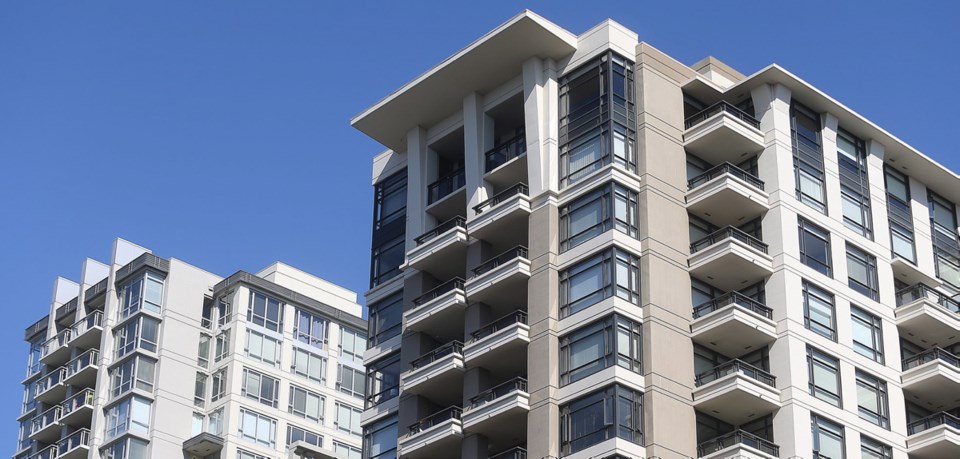Victoria city hall says its efforts to reduce the number of short-term vacation rentals operating in the city are paying off.
But it doesn’t know how many of the reduced number of so-called “ghost hotel” rooms are being turned into long-term rentals.
The city saw the number of listings on platforms such as Airbnb and VRBO drop to 1,268 from 1,440 since December, when it started monitoring and enforcing its transient-accommodation regulations.
Just how many of those 172 units returned to the long-term rental pool is anyone’s guess, officials say.
“There is no way of measuring that without actually discussing that with the people who pulled out of short term rental,” said Barry Cockle, city manager of bylaw services.
Cockle said, however, that some of the property owners coming into compliance are now renting their units for period of 30 days or more — something permitted under the bylaw.
“A lot of people you talk to are renting to students going to university and things like that. So they’re more of a long term, but on a month-to-month basis, which isn’t a bad thing, really,” he said.
Coun. Jeremy Loveday, council lead on the file, while pleased with the progress to date, said he would like to see the transition away from short-term rentals happen faster.
“I would like to see faster progress toward compliance and getting those housing units back into use as homes,” Loveday said.
Loveday said education followed by proactive enforcement is the right approach.
“In the midst of the housing crisis, I do feel impatient to see these results more quickly, but I do think the approach that city staff have been taking is sound and I look forward to this trend continuing more quickly as proactive enforcement occurs,” he said.
As well, an increasing number of short-term rental owners are taking out business licences, as a result of enforcement efforts, the city says.
• Currently, 675 short-term rentals are licensed in the city, versus 528 in 2018.
• Of the 675 licensed short-term rentals, 322 are business licences for a principal residence short-term rental — meaning the operator lives in the home — and 353 are for units where the owner does not live in the unit as their principal residence.
Last March, city councillors approved a two-tiered fee structure and bylaws establishing new regulations for short-term vacation rentals offered through platforms such as Airbnb. People who list their entire principal residence occasionally — for example, when they are on vacation — or rent a single room or two within their home, pay a $150-a-year licence fee. Non-principal residences, including investment properties and second homes, are subject to a $1,500 annual fee.
Use of secondary suites within homes in residential neighbourhoods as short-term rentals is not allowed.
“The first step would be education. Often we talk to them on the phone or if we have that type of information knock on the door, Cockle said.
Fines have been levied, but Cockle is reluctant to say how many, noting a report on enforcement will be going to council.
Tickets could range from $250 to $750, he said.
“The most recent ones we’ve been writing for operating without a licence is a $500 fine which could be written every day, although at this point we’re not writing them every day,” he said.
Victoria’s residential rental vacancy rate has seen a slight improvement, from 0.8 per cent in 2017 to 1.1 per cent in 2018.
The city says 1,269 new rental units have been built between 2014 and 2018.



